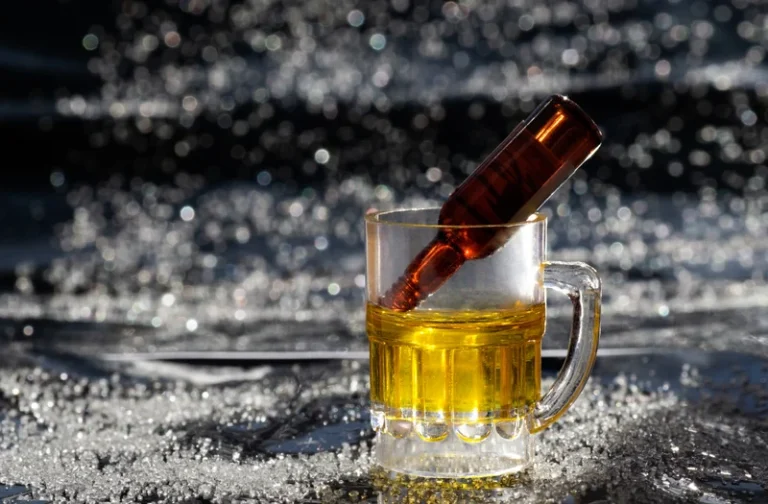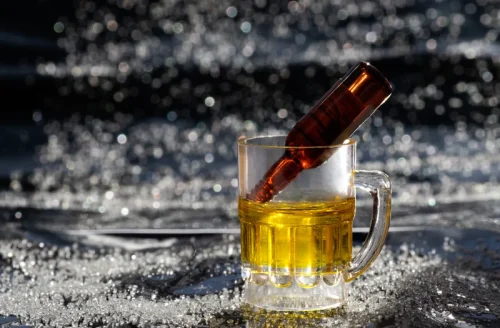Alcohol and Anxiety: Panic Attacks After Drinking

Drinking small amounts of alcohol can be relaxing because it triggers the release of calming hormones serotonin and GABA. However, it sets off a cycle that alternates between relaxation and alcohol-induced anxiety (known as “hangxiety”). A consistent fitness routine can improve mood and decrease anxiety symptoms. Regular practice helps individuals stay present and manage stress more effectively. Eating before drinking slows alcohol absorption, reducing its impact on anxiety.
- Alcohol and panic attacks share a complex relationship that affects many individuals struggling with anxiety disorders.
- Having a substance use disorder can also increase the chance of having an anxiety disorder.
- The symptoms of low blood glucose include trembling, an elevated heart rate, and feeling anxious or in a low mood.
- If you suffer from panic attacks after episodes of heavy drinking, there are a few steps you’ll want to take.
Long-Term Effects of Alcohol

Alcohol withdrawal symptoms occur as the body adjusts to a sudden decline in the chemicals that are components of alcohol. Additionally, as alcohol is broken down and removed from the body, certain chemical toxins produce inflammation and oxidative stress. Having a substance use disorder can also increase the chance of having an anxiety disorder. Some studies on mice show that Alcohol Use Disorder alcohol-related anxiety can last anywhere from 4 to 14 hours.
How can you prevent panic attacks after drinking?

The fact that all these physiological changes can cause symptoms so similar to those of a panic attack can trick your brain into having a real one. A phobia is strong fear or dread of a thing or event, which is out of proportion to the reality of the situation. The most effective treatment is cognitive behavioural therapy. Everyone is different and may experience various combinations of the above, which are almost always accompanied by an overwhelming sense of fear and anxiety. Many people also experience a fear that they are going to die. The two often create a cycle that’s hard to break, whereby the onset of one is a trigger for the other.
Social Anxiety Disorder and School/Student Life
A person with an anxiety disorder is two to three times more likely to develop an alcohol use disorder at some point in their life compared to someone who has never been diagnosed with anxiety. Alcohol can produce a sense of euphoria and decrease a person’s inhibition. These effects alcohol and anxiety can make it seem like drinking alcohol is providing the person with relief from their anxiety.
- So you’re right, we need to use our best science to answer these questions.
- Psychologists call these ‘maintenance factors’ are they are the focus of treatment.
- It is important to consult with a healthcare professional to develop an individualized plan that best meets your needs.
- Panic attacks can occur as part of panic disorder or other anxiety disorders.
- These effects are particularly visible the day after drinking when the hangover begins to set in.
- At Rula, we’re committed to delivering a comprehensive behavioral health experience that helps people feel seen and understood so they can get back to feeling their best.
Preclinical Alzheimer’s disease: Study finds faster tau accumulation in females

Many individuals seeking treatment for panic attacks have a history of alcohol dependence, highlighting the interconnected nature of these mental health issues. Understanding this relationship is crucial for those looking to manage their anxiety and improve their overall well-being. We will examine the impact of alcohol on anxiety levels, the occurrence of alcohol-induced panic attacks, and the role of alcohol withdrawal in triggering anxiety and panic. By understanding the relationship between alcohol and panic attacks, individuals can make informed decisions about their alcohol consumption and seek appropriate support and treatment if needed. The physical effects of alcohol consumption, such as increased heart rate and changes in blood sugar levels, can mimic symptoms of anxiety.
